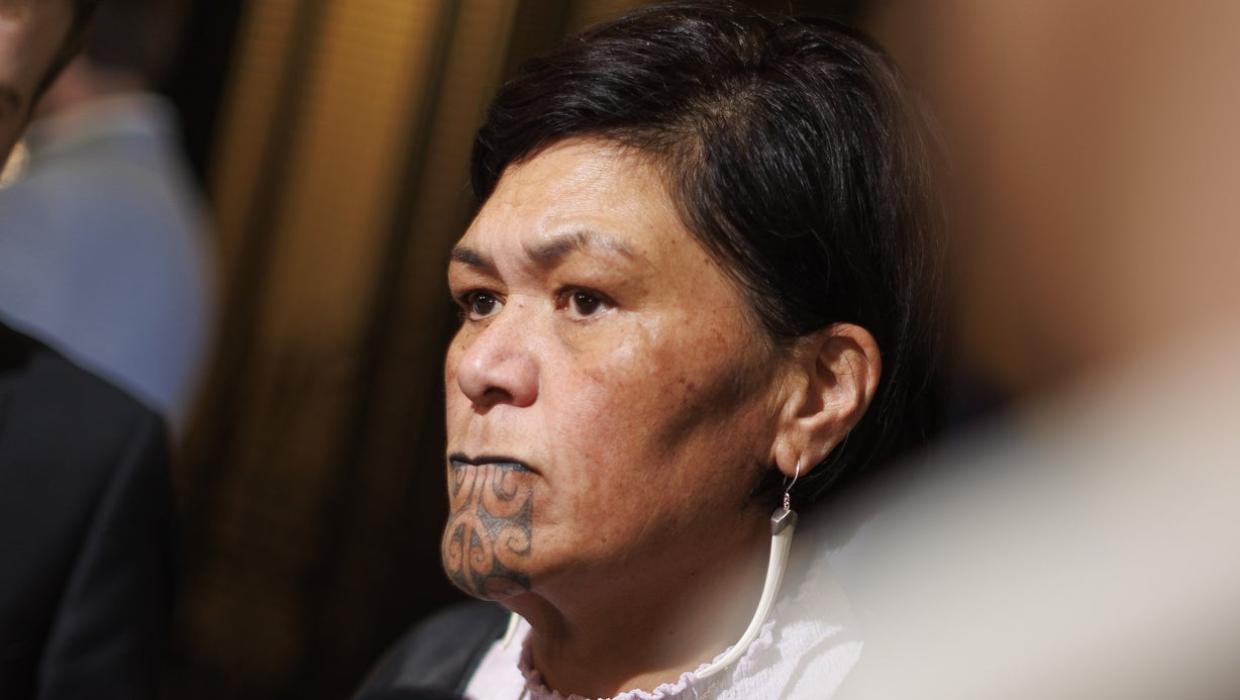Foreign Minister Nanaia Mahuta says New Zealand can “speak out alone if necessary” on the world stage, but the country’s independence should not be confused with “neutrality”.
Mahuta on Wednesday afternoon delivered an annual speech to Wellington-based foreign diplomats, choosing to outline her view of New Zealand’s “independent foreign policy” and place in the Pacific within a “shifting, less stable and more challenging international environment”.

The speech, and Mahuta’s comments on New Zealand’s independent stance, has come as the Government attempted to distance itself from talk of New Zealand in joining aspects of the Aukus nuclear-propelled submarine pact between Australia, United Kingdom and the United States.
Defence Minister Andrew Little in March said New Zealand may soon enter talks with the United States about participating in a second “pillar” of the agreement that involved non-nuclear defence technology. But since then, Prime Minister Chris Hipkins and Mahuta have dismissed suggestions the Government has shown interest in joining aspects of the pact.
“There have been no formal decisions on any New Zealand engagement around Aukus. At this point, any conversations are purely at the hypothetical, very informal end of it,” Hipkins said on Monday.
There has been some criticism of the Government’s possible interest in the Aukus agreement, including from former Prime Minister Helen Clark who said New Zealand did not need “entanglement” with the nuclear pact.
READ MORE
- New Zealand defence minister says military needs more resources amid growing challenges
- Foreign Minister Nanaia Mahuta discusses Pacific security, Ukraine invasion with China
- New Zealand’s Foreign Policy Hardens Under New Leadership
- New Zealand takes another plunge in global soft power rankings
In her speech on Wednesday, Mahuta did not mention the Aukus pact, but said it was “no surprise” that New Zealand’s nuclear-free position was a “cornerstone of our independent stance”.
She said that independent stance was about “making our own determination about which tools of statecraft are the right fitt for our national circumstances”.
“Independence should not be confused with isolation, neutrality, or a fixed pre-determination of how we will act on a particular issue.

“There are interests unique to what we value ... Oftentimes, we choose a path that they [international partners] may not see ... like, for example, remaining nuclear-free, supporting climate action in the Pacific, protecting marine biodiversity.
“We would prefer to work in tandem with multilateral partners, but over time, if we must, New Zealand has demonstrated its capacity to speak out if necessary.”
The speech offered no new insight into the Government’s China policy, with Mahuta repeating that New Zealand’s maintained a “mature” and consistent relationship with its largest trading partner, though “market concentration carries risk”.
Mahuta said climate change was the “greatest security threat on all levels” for Pacific nations and the Pacific could handle its own security without the need to look “outside the region” – a reference to Solomon Islands signing of a security pact with China in 2022.




